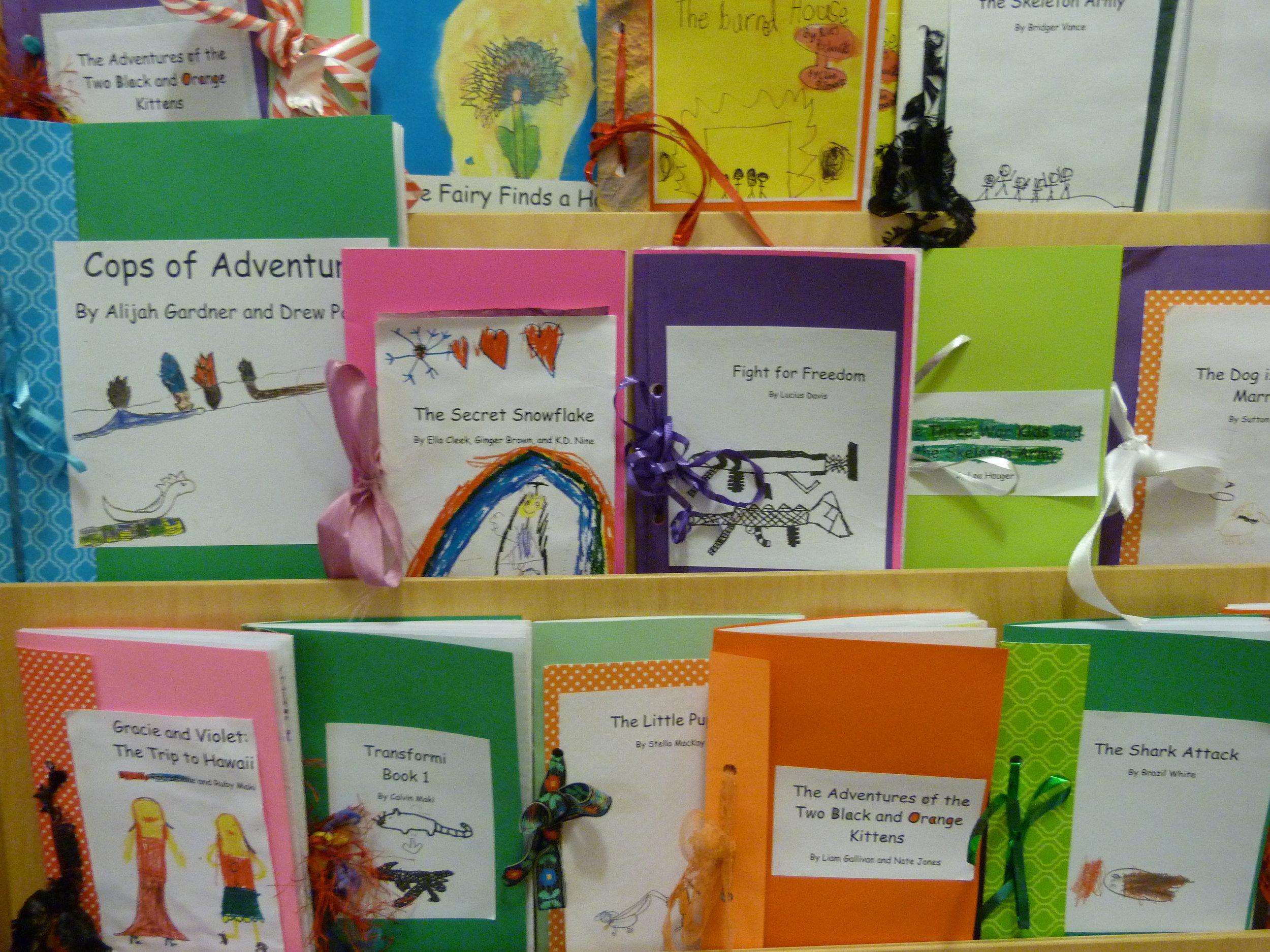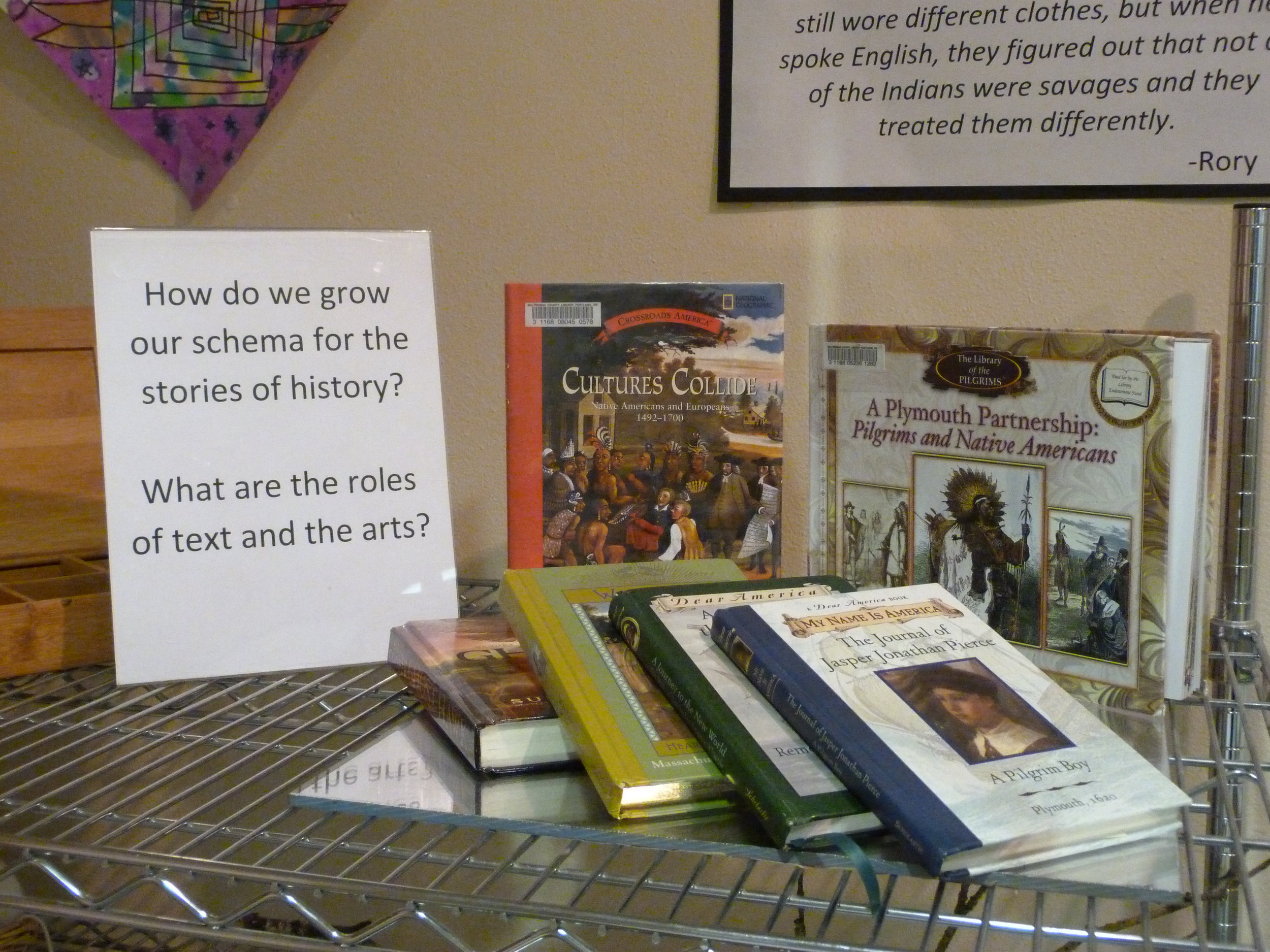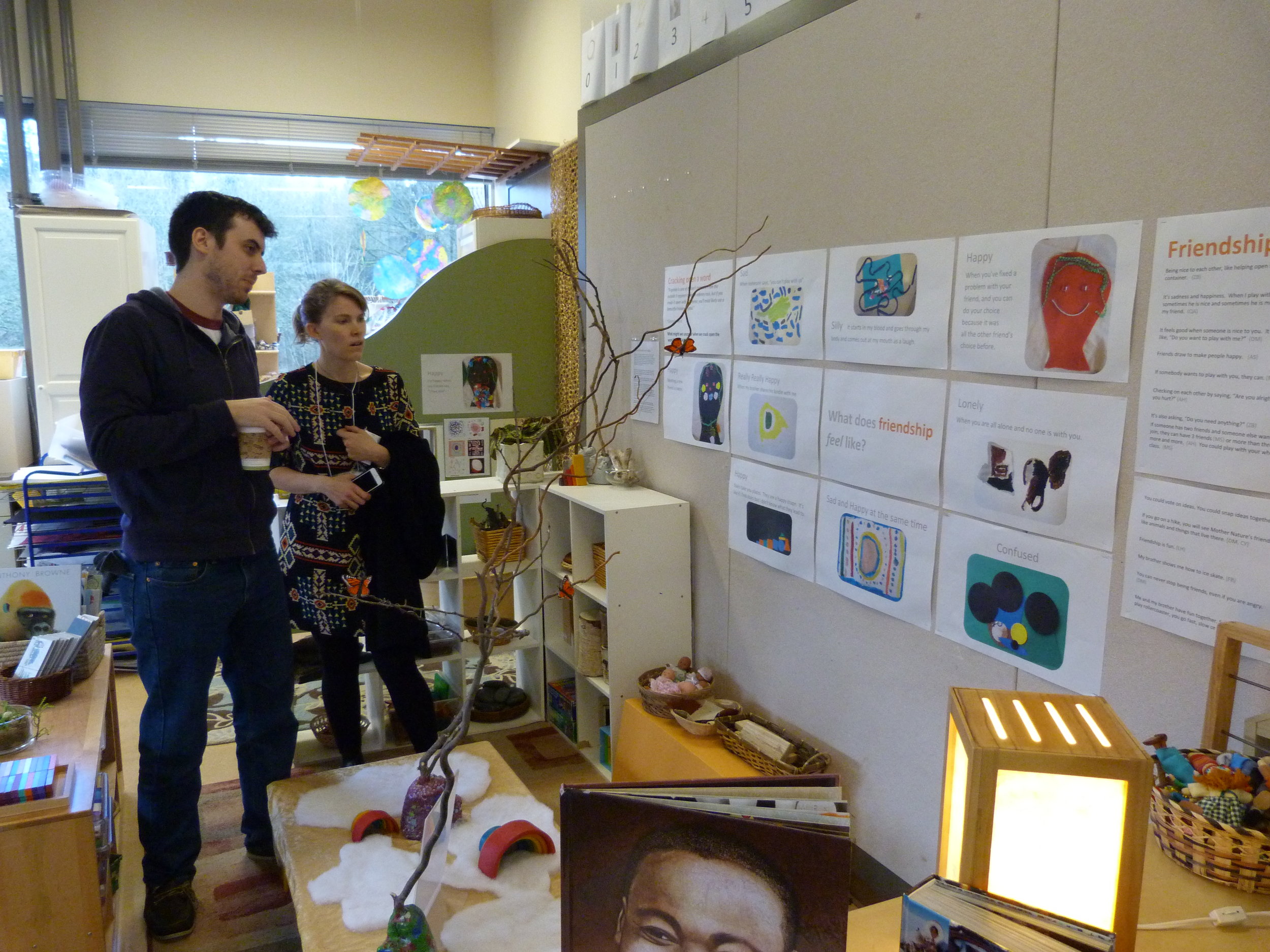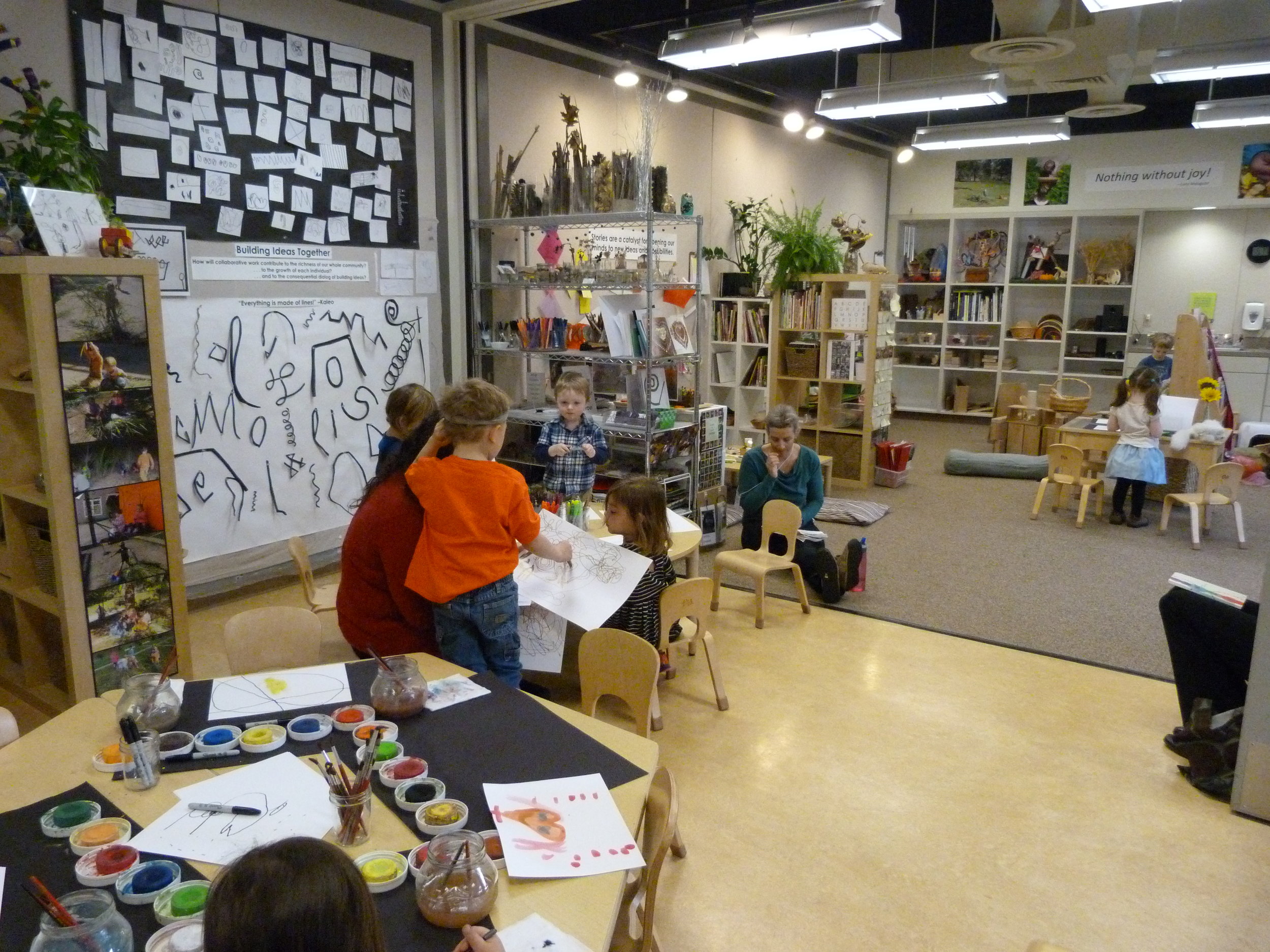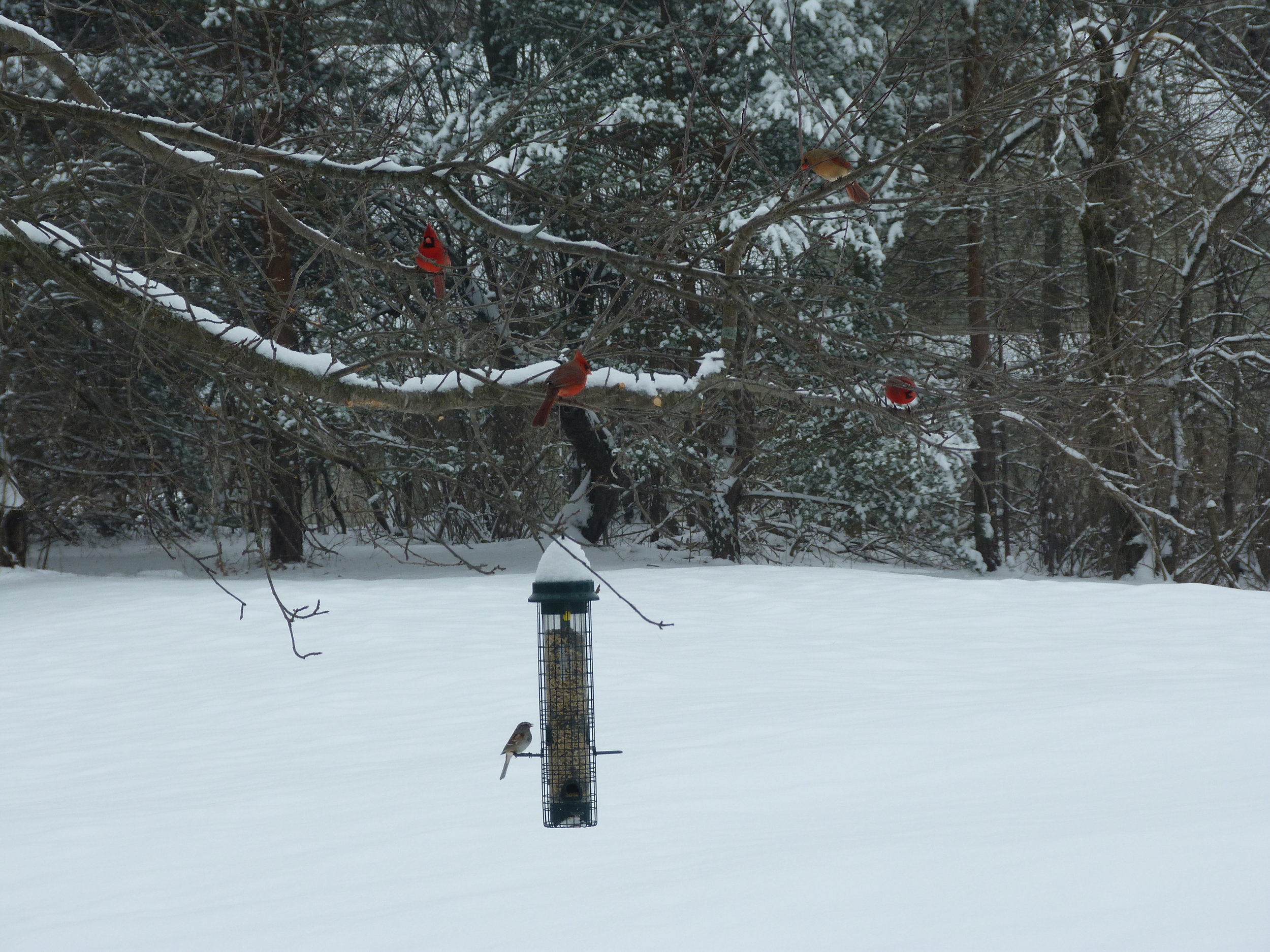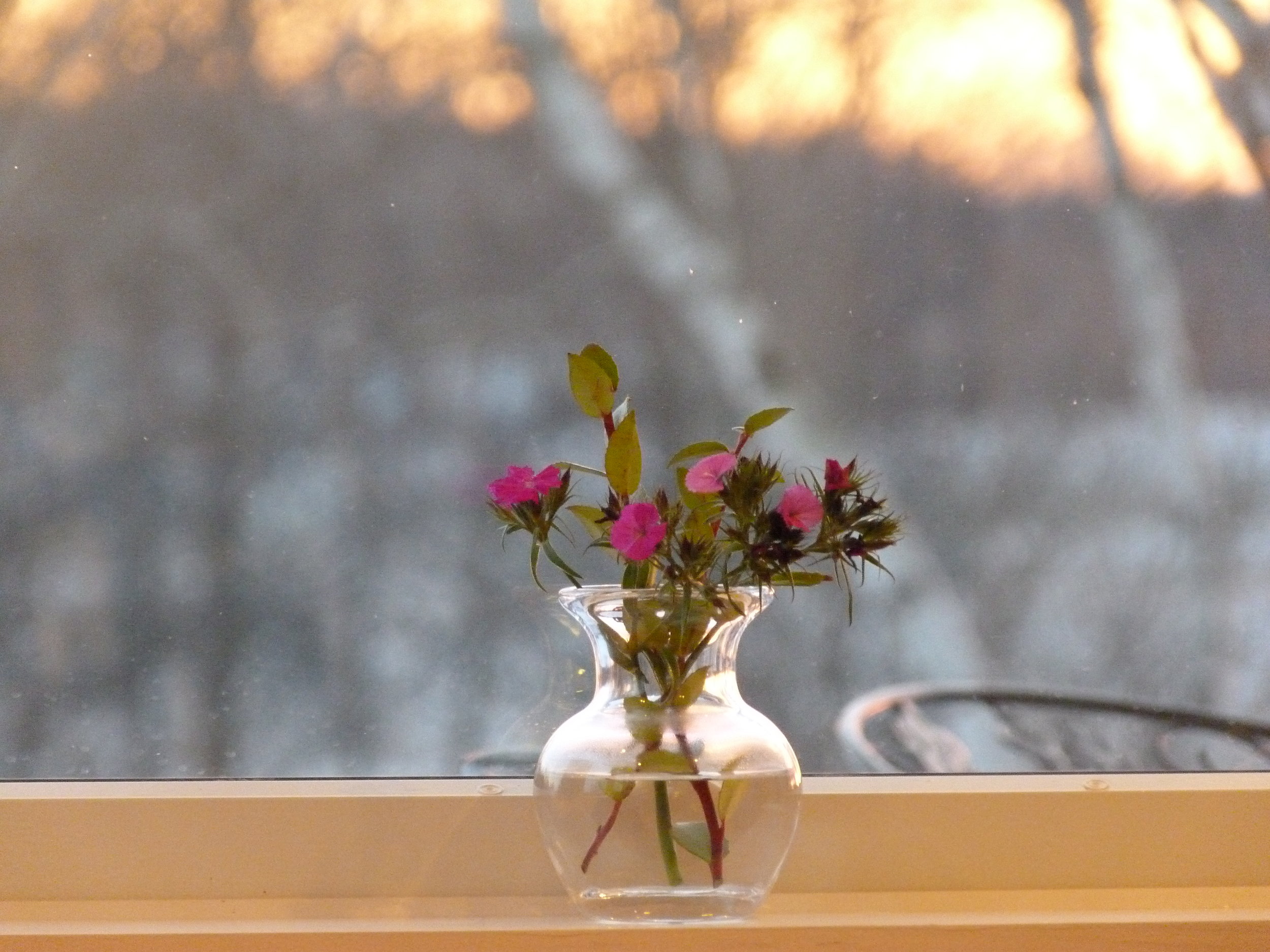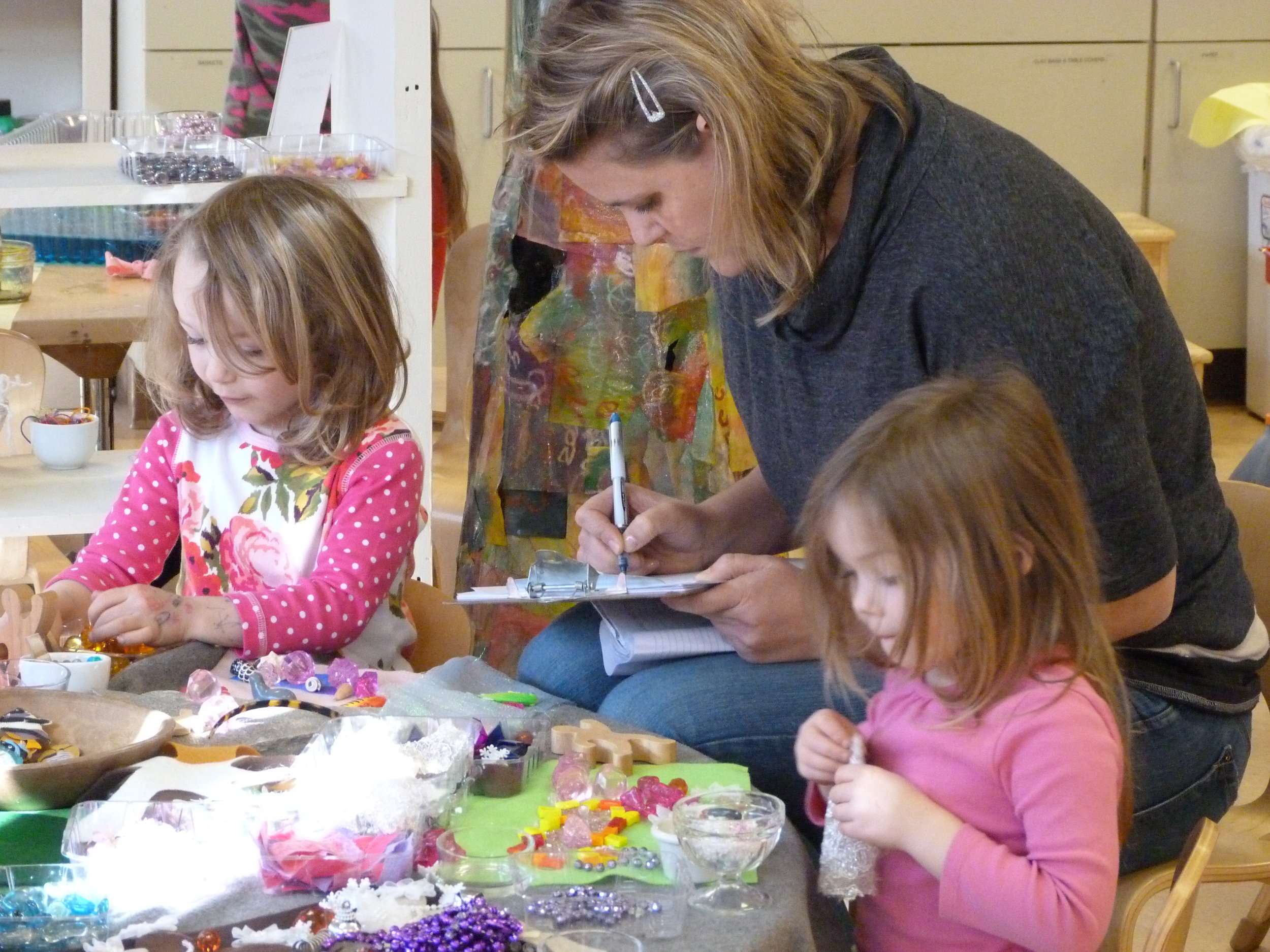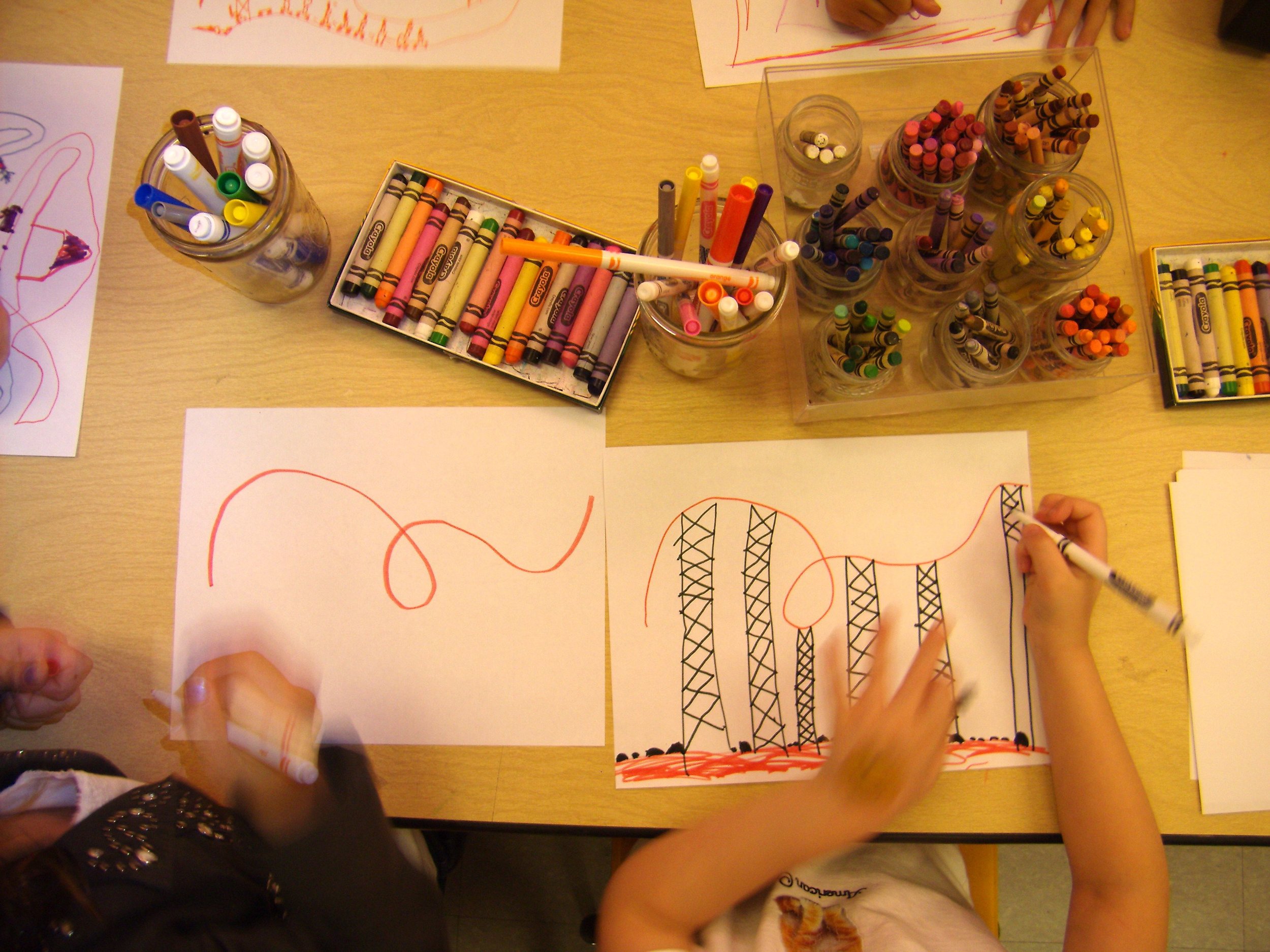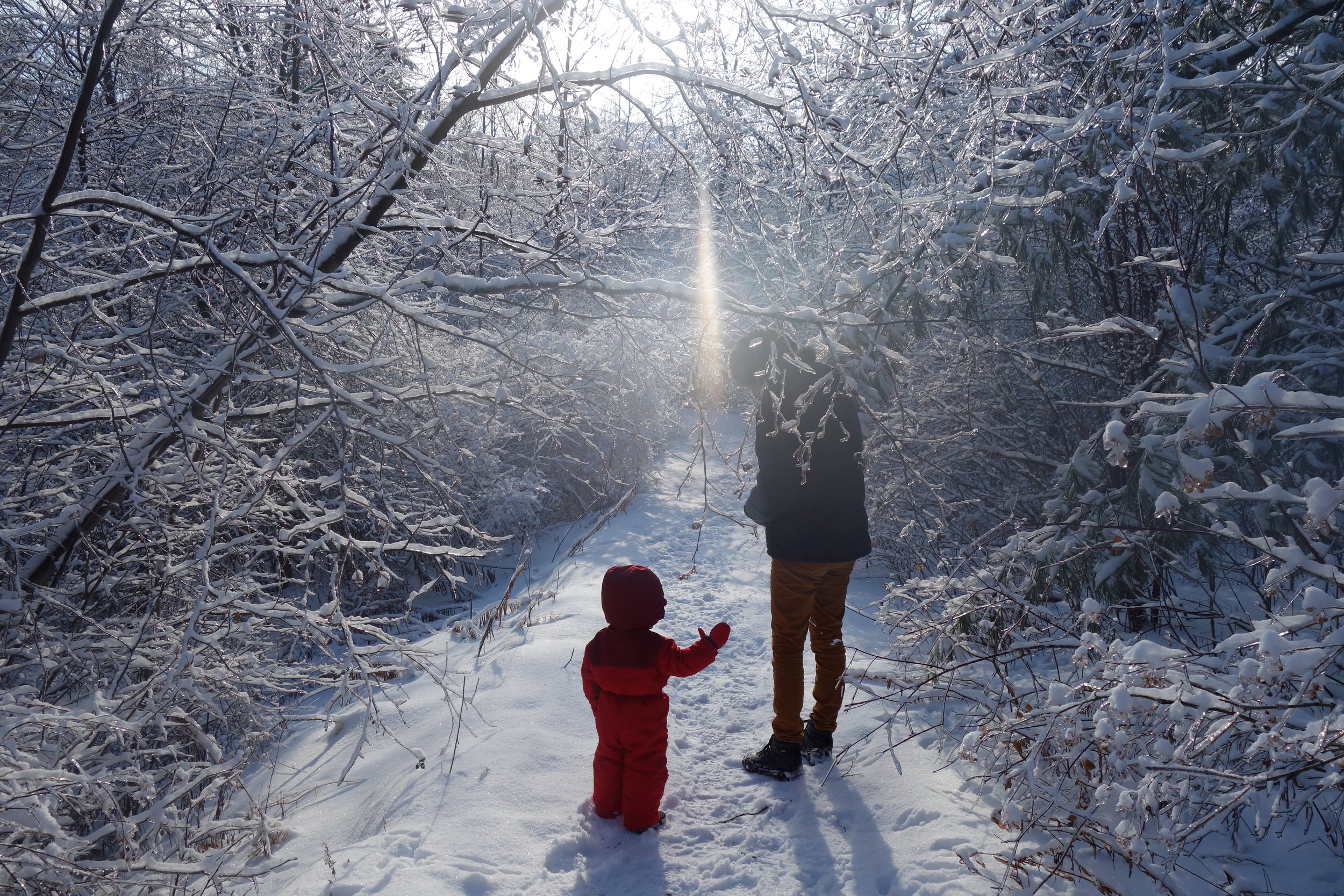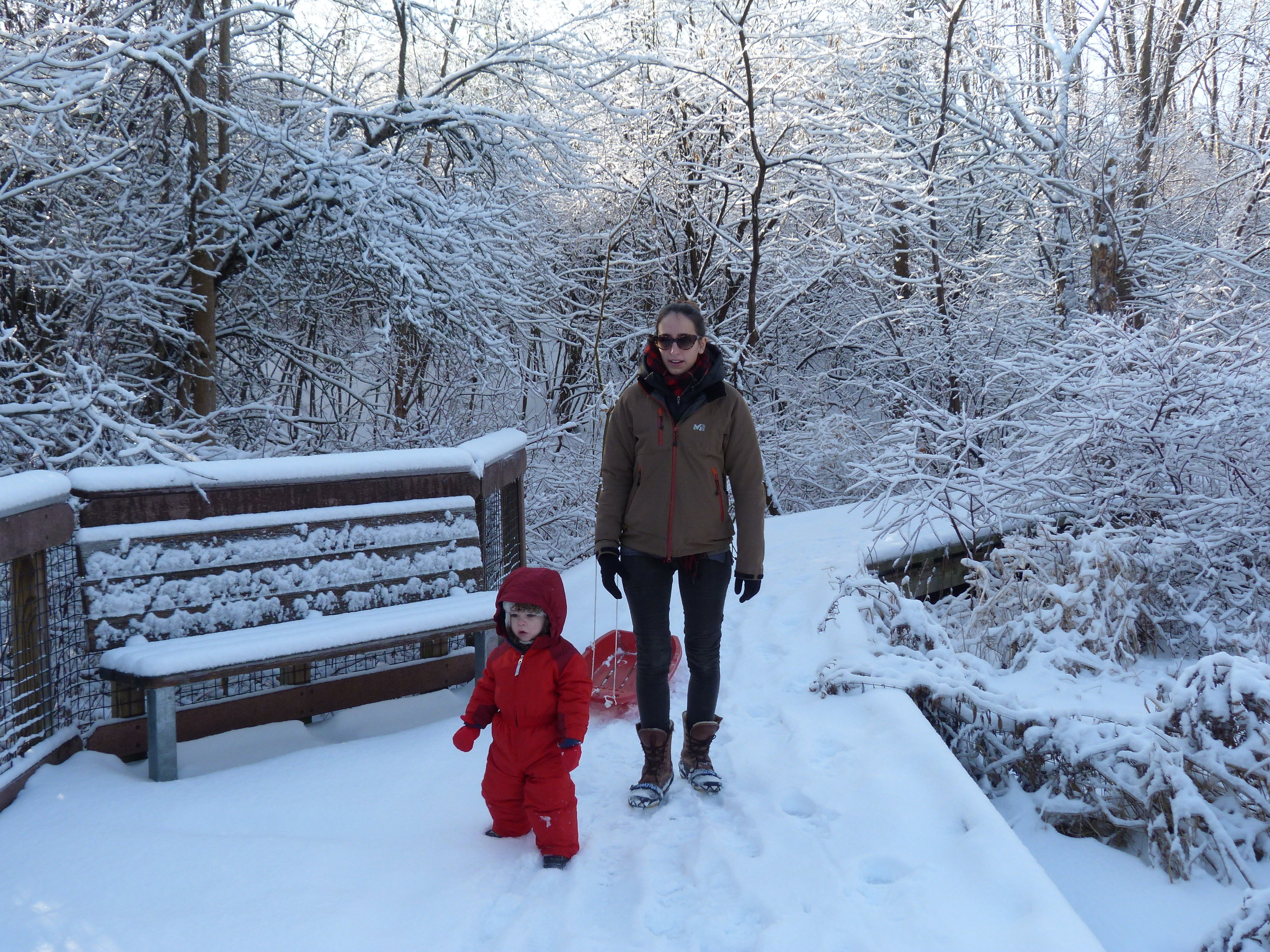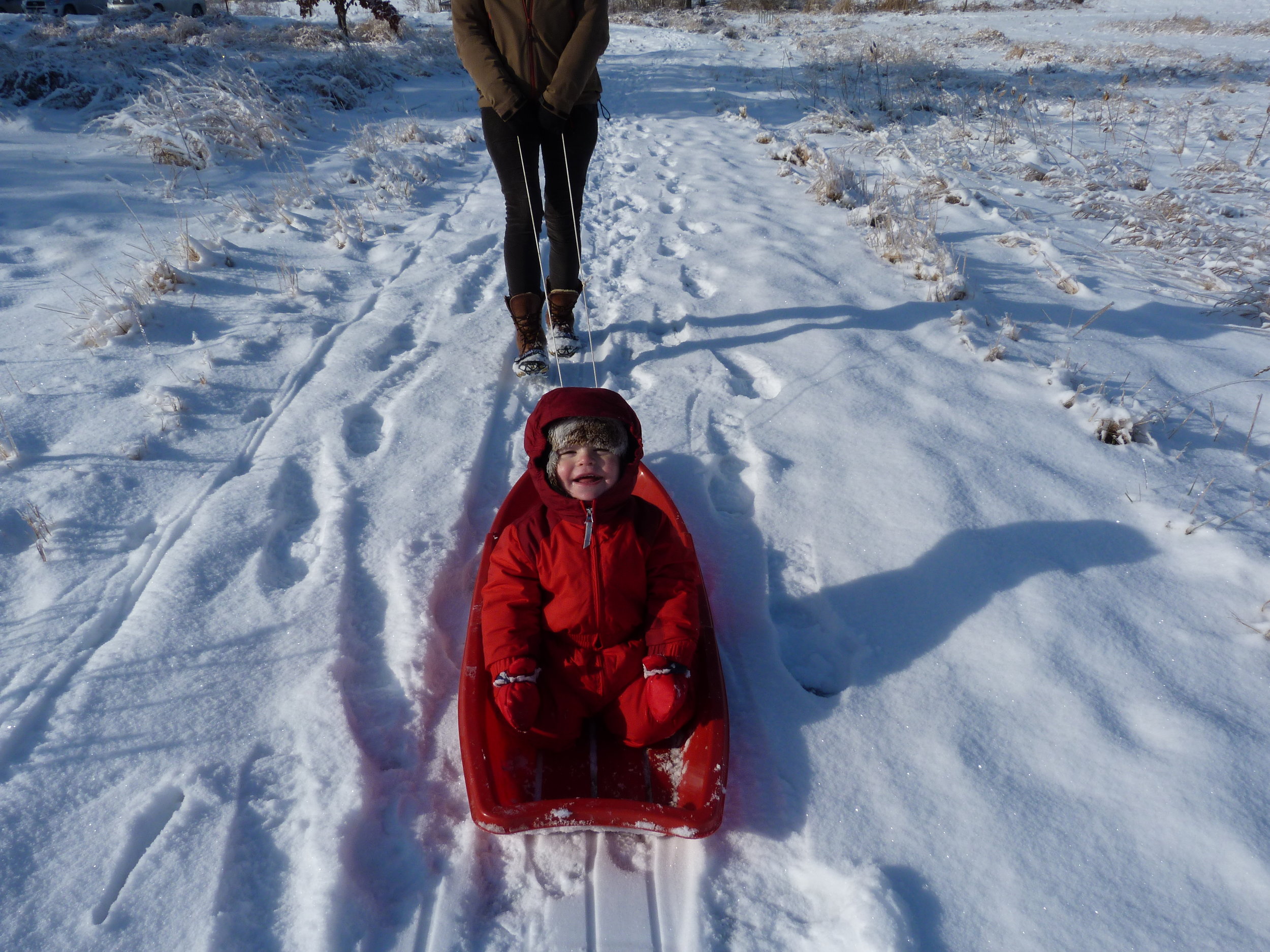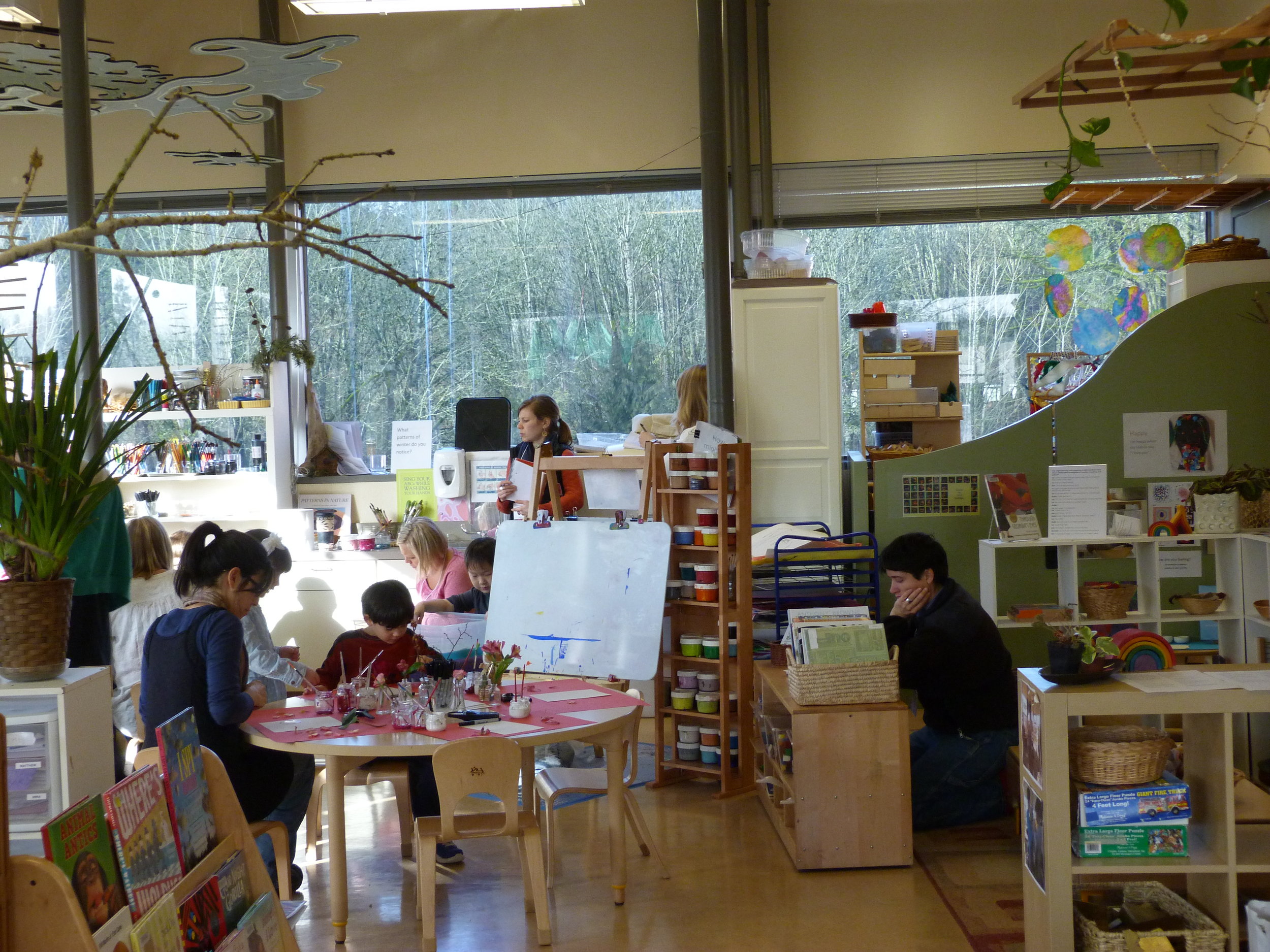 Today, looking out over the Vermont landscape of white snow and bright sun, I am full of new insights and thoughts. I returned home last night from the third intensive seminar that I have co-facilitated at Opal School of the Portland Children's Museum. The last two years have been sponsored by Butler University and this year, I worked with Lesley University. It is a privilege to spend such quality time observing students and teachers in action, learning through dialogue with the Opal teachers, and reflecting on shared reading during the course of a week. Opal has created a way of doing school that is truly remarkable in today's world of standardization, pre-determined outcomes and limited definitions of success. Every time I am at Opal, I see this more clearly.
Today, looking out over the Vermont landscape of white snow and bright sun, I am full of new insights and thoughts. I returned home last night from the third intensive seminar that I have co-facilitated at Opal School of the Portland Children's Museum. The last two years have been sponsored by Butler University and this year, I worked with Lesley University. It is a privilege to spend such quality time observing students and teachers in action, learning through dialogue with the Opal teachers, and reflecting on shared reading during the course of a week. Opal has created a way of doing school that is truly remarkable in today's world of standardization, pre-determined outcomes and limited definitions of success. Every time I am at Opal, I see this more clearly.
I have been privileged to work with three institutions who are working to create a new kind of school for the future that we are all living into. Part of the mission of Butler University College of Education is to prepare students to lead schools toward what they should be, not to perpetuate schools as they currently exist. Opal is a place that opens doors to the way school might look if the intellectual and creative capacity of students and teachers and parents were truly valued. Among the core values of Lesley University's Graduate School of Education are: Democracy, Community, Equity, Inquiry and Leadership. Opal School embodies these core values in every part of their teaching and learning community.
I have been fortunate to work with outstanding educational leaders for the last three years from Butler University, from Lesley University and from Opal School: in particular, Ena Shelley, Dean of the College of Education at Butler University; Yvonne Liu-Constant, assistant professor of Early Childhood at Lesley University and Matt Karlsen, Teacher Researcher, and Susan MacKay, Director at the Museum Center for Learning at Opal School.
Next week, Yvonne Liu-Constant and I will co-write a reflective post on our shared experience at Opal School as Ena Shelley and I did last year.
For now, please enjoy some of the highlights of the week at Opal School through the images here.


